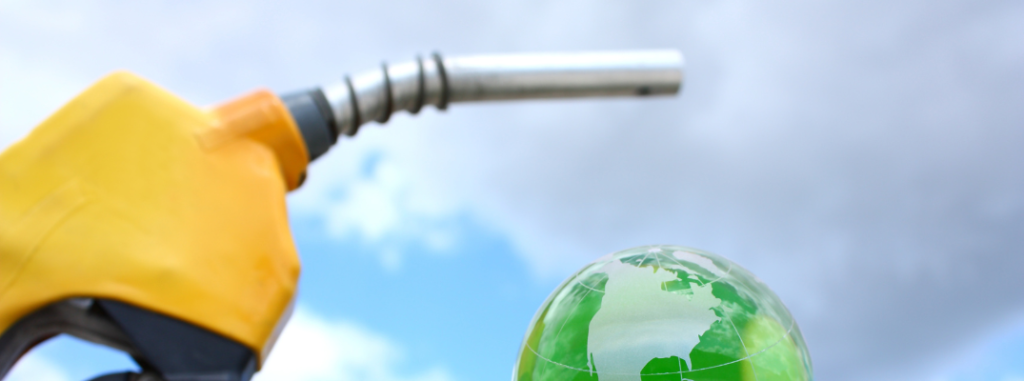“Fuel subsidy is gone”
These 4 words from the new president of the country has been the talk of town since the inauguration of the new president, President Bola Tinubu.
The recent announcement of the removal of fuel subsidies by the new president of Nigeria has sparked debates and discussions throughout the country. This decision has resulted in fuel scarcity and price hikes. But what’s the deal with fuel subsidy, and how does it affect climate action?
Fuel Subsidy Broken Down
In the land of Nigeria, where fuel prices can burn a hole in your wallet, the government comes to the rescue with a little trick called ‘fuel subsidy’. You see, Nigeria imports a truckload of fuel, which can make it downright expensive. So, to give the people a break, the government chips in and pays a portion of the fuel prices to make it more affordable. Sounds like a good deal, right?
But with the government paying a portion of the fuel prices to oil companies, Nigeria spends ₦18.4 billion daily on petrol subsidies and given Nigeria’s debt of ₦77 trillion, the government has recognized the need to address this issue.
How Did the Fuel Subsidy Start?
Fuel subsidies have been a subject of controversy in Nigeria for decades. They were first introduced in the 1970s during the military regime of Obasanjo as a response to the oil price shock in 1973.
Fuel subsidy removal isn’t new to Nigerians, back in 2012, President Goodluck Jonathan tried to remove fuel subsidies, it resulted in an increase in food prices and transportation and this decision was met with strong opposition from citizens, opposition parties, and the Nigerian Labour Congress who organized nationwide party of protests resulting in the decision of the president to reverse this decision two weeks later.
While the recent fuel subsidy removal may seem surprising, the Minister of Finance, Budget, and National Planning, Mrs. Zainab Ahmed, dropped some hints that subsidy removal was on the horizon in January 2023. She also mentioned that the former President, Buhari was hesitant not to add fuel to the fire of economic hardship.
Climate Action and Fuel Subsidy Removal
Climate action, crude oil, and its by-products are not friends, when we burn fossil fuels like oil, they release carbon dioxide, a greenhouse gas that messes with our environment. Consequently, an increase in fuel prices, from subsidy removal, may lead to a decrease in fuel consumption and potentially reduce carbon emissions and while that’s a win for our planet, the fuel subsidy has the potential to reduce family income and plunge more people into poverty as a result of an increased cost of living, cost of food and transportation.
The United Nations Development Program (UNDP) in 2021 noted that ‘fossil fuel subsidies reform could limit climate change while tackling global inequalities’ How? According to their reports, the amount spent on these subsidies could eradicate extreme poverty three times over and they suggest redirecting funds from fossil fuel subsidies towards investments that promote the Sustainable Development Goals (SDGs).
With fuel subsidy removal, we could all ultimately become susty alte boys and girls. People have already begun thinking of alternative sources of energy including clean energy like solar. The government will also ultimately have to focus on other sectors particularly as it relates to climate action and clean energy sources, recall the introduction of the pilot scheme for electric buses in Lagos? This is one such alternative energy source that the government would have to focus on.
Read our article on Electric Buses in Lagos state.
This is also a call to the electricity distribution companies across the country to develop and improve electricity to reduce the need for generators all over Nigeria.
Are you team subsidy removal or not?
Written by Seyi Agboola.

